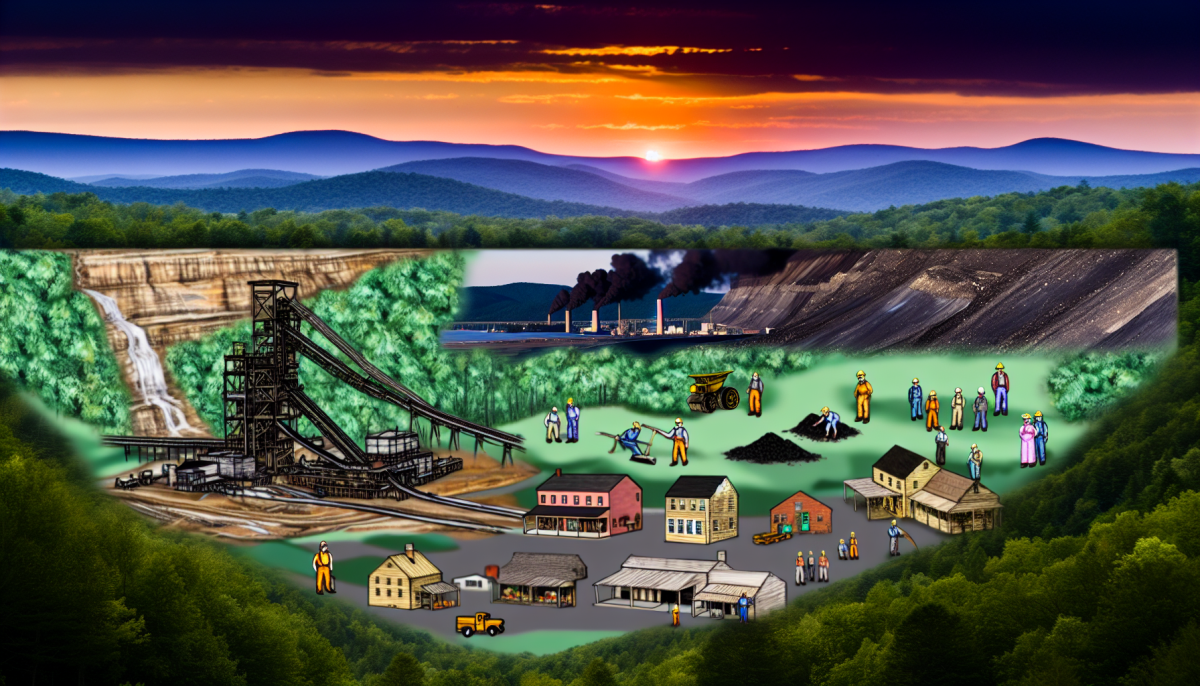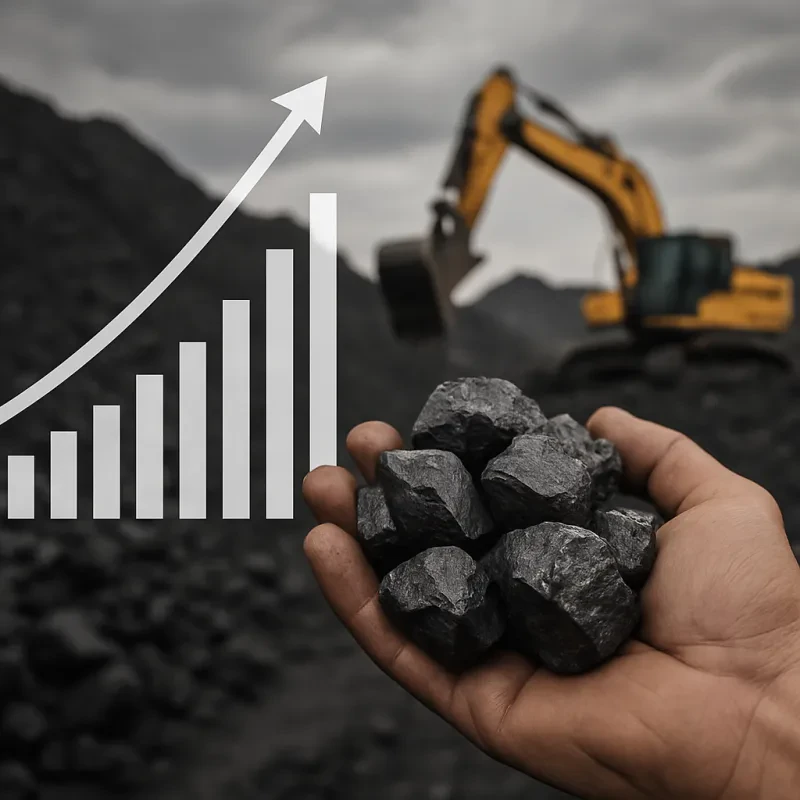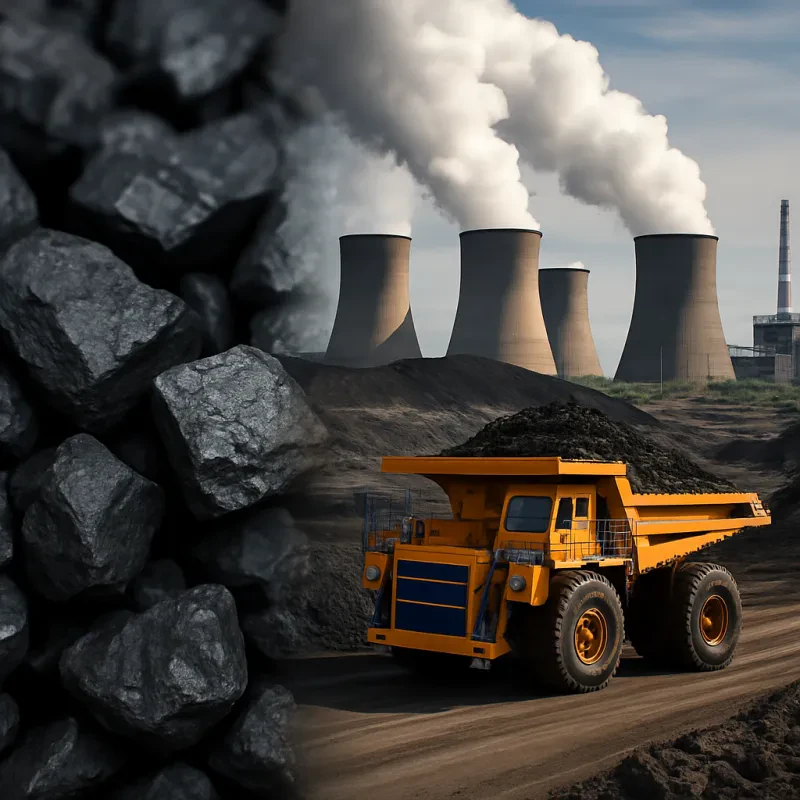The impact of West Virginia coal mines on local jobs is significant and multifaceted. These mines not only provide direct employment opportunities for local residents but also stimulate related industries. Many families in West Virginia rely on coal mining jobs for their livelihoods, making it a vital part of the community's economic backbone. When the mines are active, they create hundreds, if not thousands, of jobs that help support the local economy.
Beyond the mines themselves, West Virginia coal mines contribute to countless support jobs. From transportation services that move the coal to processing plants that prepare it for market, the ripple effect of coal mining creates a web of employment opportunities in the region. This interconnectedness amplifies the economic benefits, as workers spend their incomes in local businesses, thereby invigorating communities.
However, changes in the coal industry, such as shifts toward renewable energy and regulations aimed at reducing carbon emissions, have led to job losses in some areas. This situation emphasizes the importance of diversifying the economy beyond the west virginia coal mines. Communities are increasingly exploring alternative industries to ensure ongoing employment and economic stability for future generations.
Despite these challenges, many locals remain optimistic about the future. Efforts to enhance the skill sets of workers currently employed in the coal sector can pave the way for new opportunities in emerging industries. The resilience of West Virginia's communities plays a crucial role in adapting to changes in the coal industry while still recognizing the legacy and importance of west virginia coal mines.
Sustainability and Environmental Challenges
The west virginia coal mines have long been a vital source of energy and jobs for the local communities. However, with the growing emphasis on sustainability, these mines face increasing scrutiny regarding their environmental impact. Issues such as air pollution, land degradation, and water contamination have raised concerns among residents and environmentalists alike. The extraction process can lead to significant alterations in the landscape and ecosystems, prompting calls for a more sustainable approach to energy production.
Moreover, the reliance on coal as a primary source of energy has contributed to greenhouse gas emissions, which pose a significant challenge in the fight against climate change. As the world shifts toward cleaner energy sources, many are questioning the long-term viability of west virginia coal mines. The transition to renewable energy could offer new opportunities for the region while reducing its carbon footprint and protecting the environment.
However, transitioning from coal mining presents its own set of challenges. Many workers depend on the jobs provided by the west virginia coal mines, and sudden changes could lead to economic instability in these communities. It is essential to consider how to retrain and support workers while also minimizing environmental impacts. Sustainable practices, such as reforestation initiatives and responsible mining methods, could help bridge the gap between economic needs and ecological preservation.
Community Initiatives in Mining Areas
The impact of west virginia coal mines extends beyond just energy production; they play a vital role in community initiatives that uplift local residents. Many mining companies have developed programs aimed at improving the quality of life for individuals and families in mining towns. These initiatives often focus on education, healthcare, and workforce development, creating a holistic approach to community support.
One significant effort is the establishment of scholarship programs for local students. These scholarships not only help to cover tuition fees but also encourage higher education and skill development within the community. By investing in the youth, these initiatives aim to build a future where residents have more opportunities beyond the coal industry. Workshops and training sessions are also organized to equip individuals with new skills that can be applied in various sectors, both within and outside of mining.
Health and wellness programs are another community-focused initiative stemming from west virginia coal mines. Mining companies often partner with local health organizations to provide resources such as free health screenings and educational seminars. These programs help address common health concerns in mining communities, promoting healthier lifestyles and access to necessary medical care. By prioritizing the well-being of their workforce and families, these initiatives foster a stronger, more resilient community.
Furthermore, many mining companies engage in environmental restoration projects, showcasing their commitment to sustainable practices. These projects not only aim to restore mined areas but also create recreational spaces for residents. Local parks and green spaces encourage community engagement and foster a sense of pride among residents, transforming how they view their environment and the industry that employs them. These initiatives demonstrate that west virginia coal mines are not merely about extraction, but about building and sustaining communities.
Future of Coal in West Virginia
Innovations in clean coal technology are paving the way for a more sustainable future in the industry. By making coal mining cleaner and more efficient, West Virginia coal mines can continue to supply energy while reducing environmental impacts. The adoption of these technologies would not only help retain jobs but also attract investment in local communities that have been historically dependent on coal.
An additional factor is the growing interest in carbon capture and storage (CCS). This technology allows for the reduction of carbon emissions generated by coal, providing a potential lifeline for West Virginia coal mines. As businesses and governments commit to lowering their carbon footprints, coal may once again find relevance in the energy sector. The state’s rich coal reserves could position West Virginia as a leader in this innovative approach to energy production.
Furthermore, the conversation around energy independence and security has renewed interest in domestic coal production. As geopolitical factors influence energy prices and availability, West Virginia coal mines stand to benefit from a re-emphasis on local energy sources. This could help stabilize the economy in regions heavily impacted by the decline of traditional coal mining jobs.







